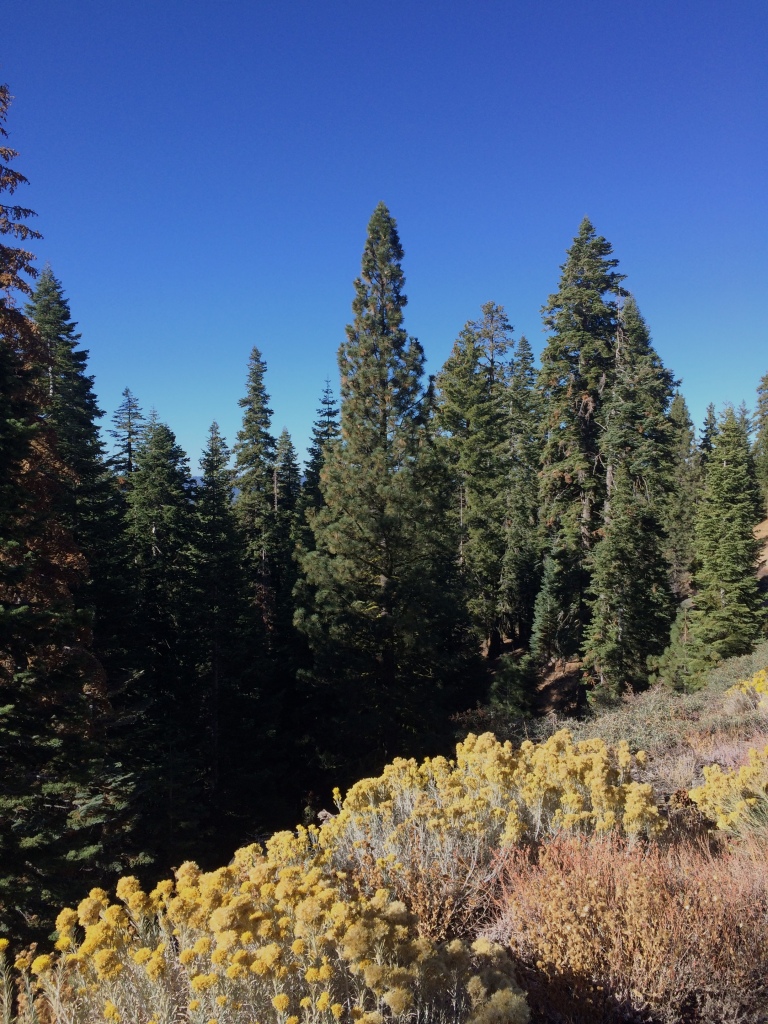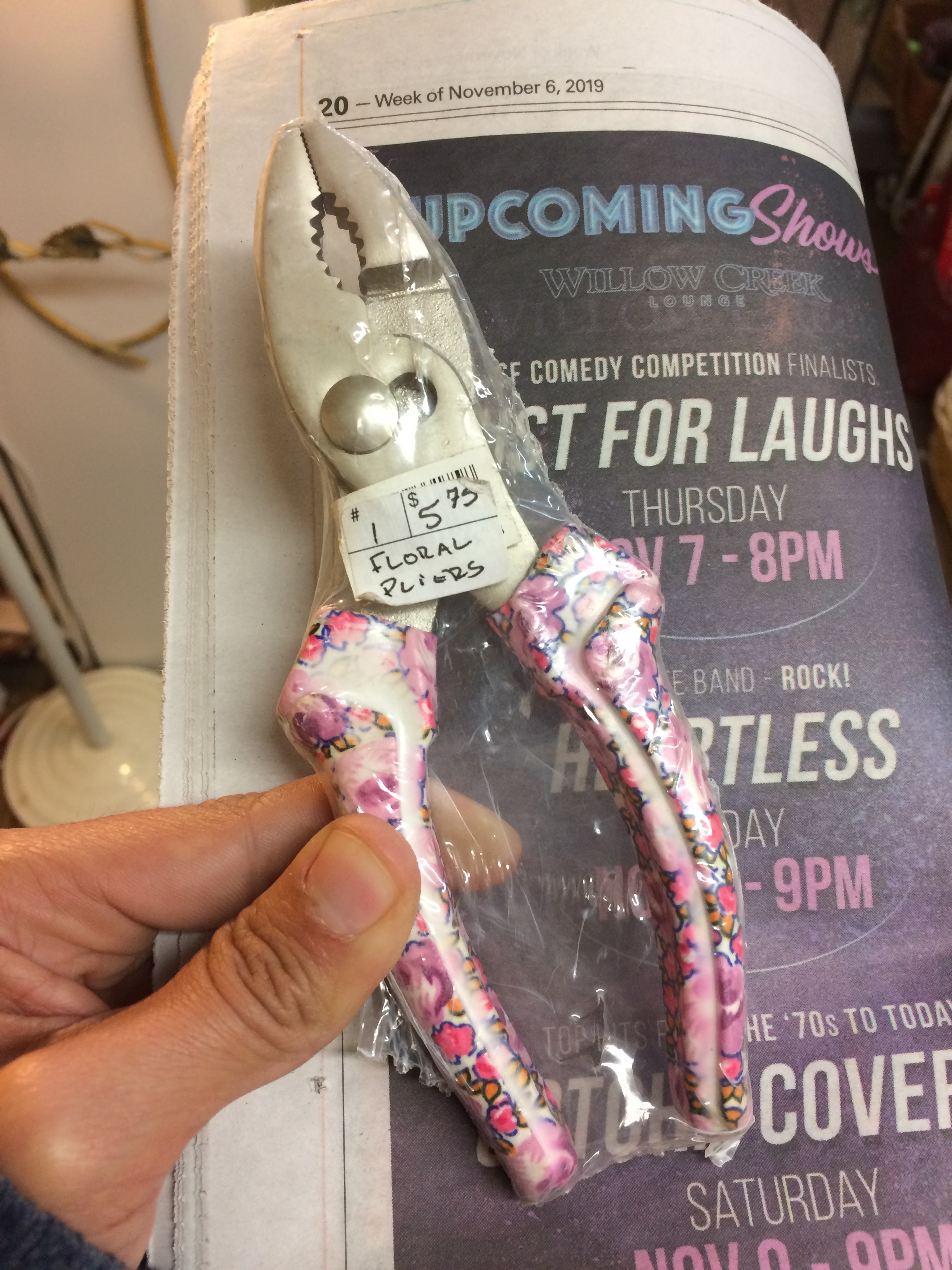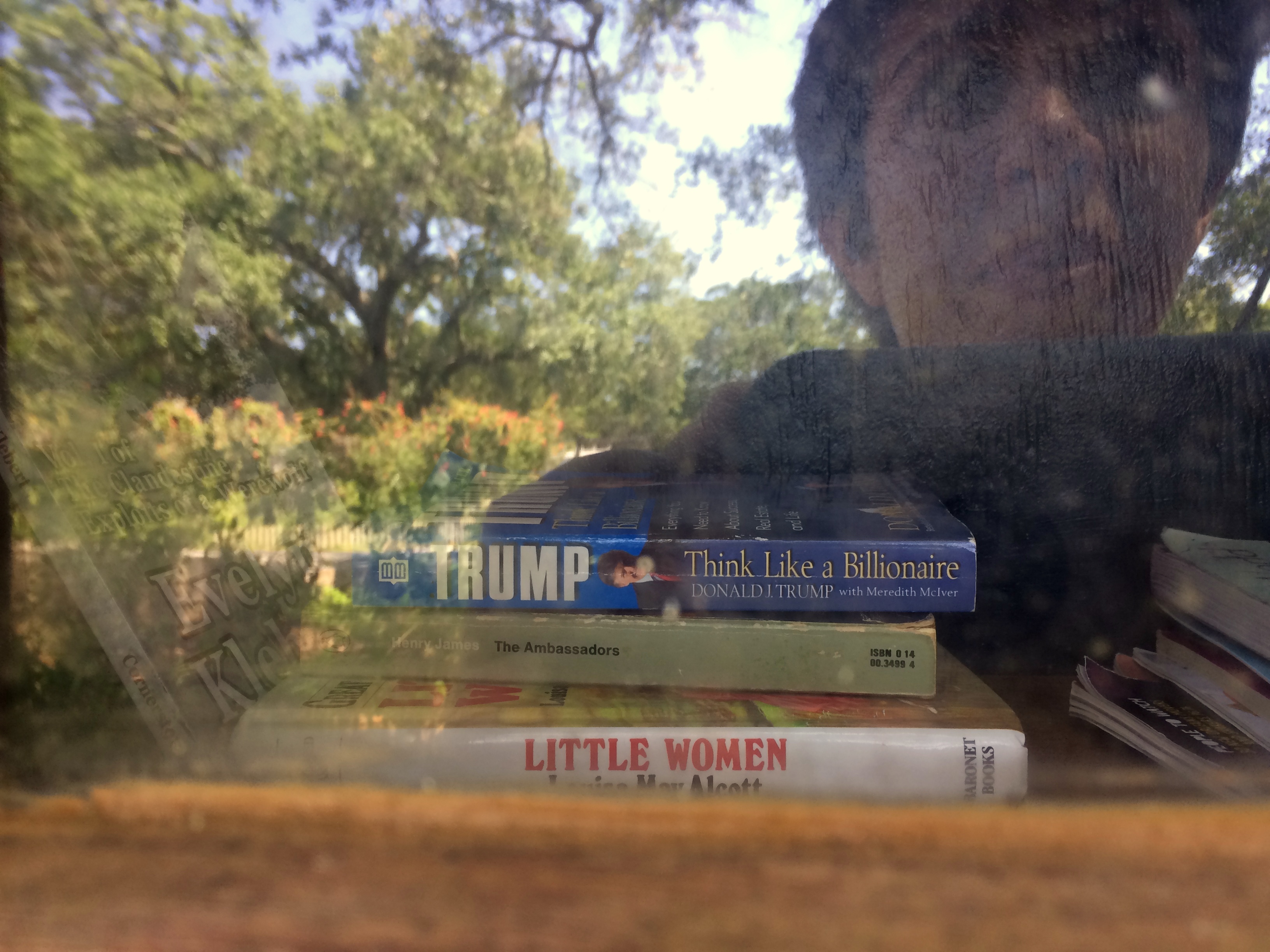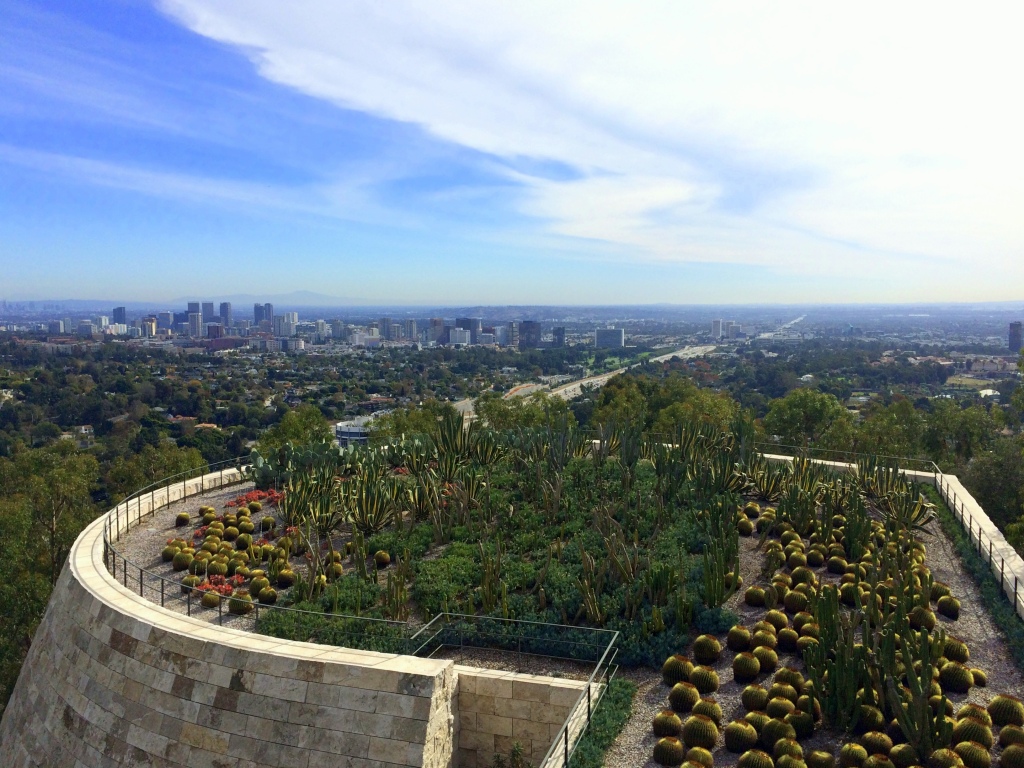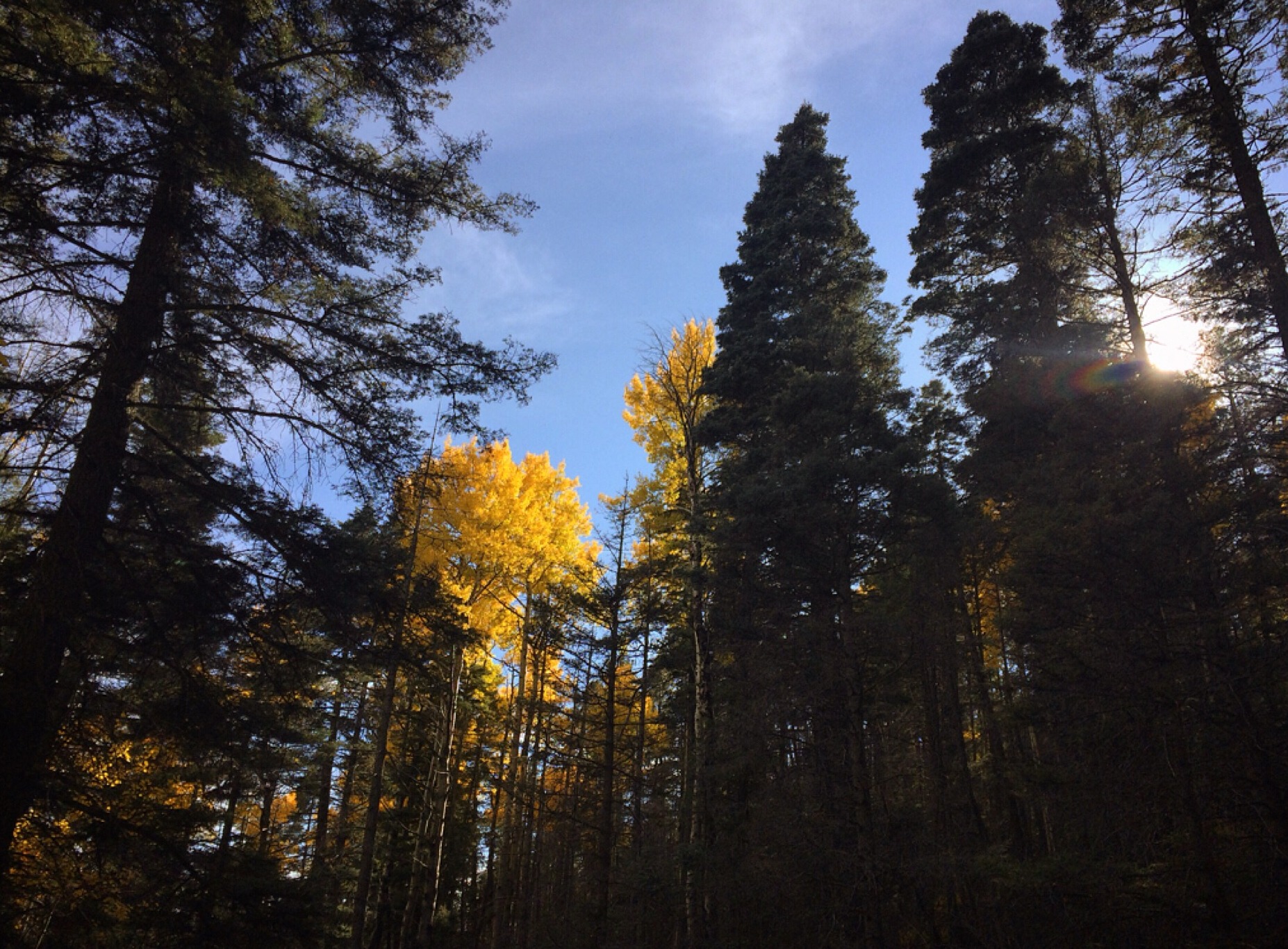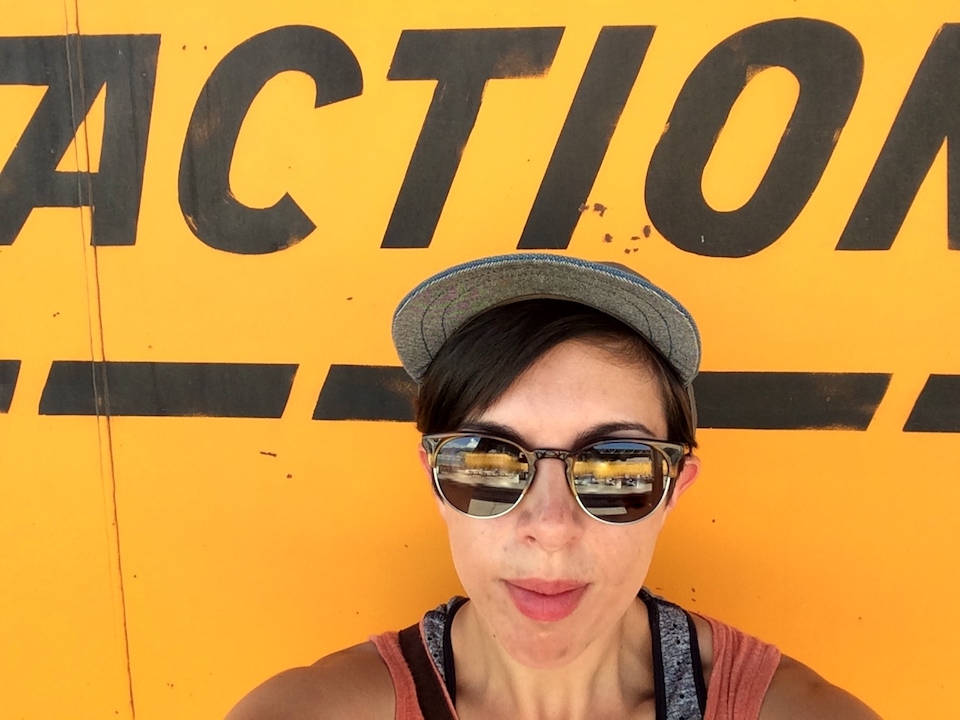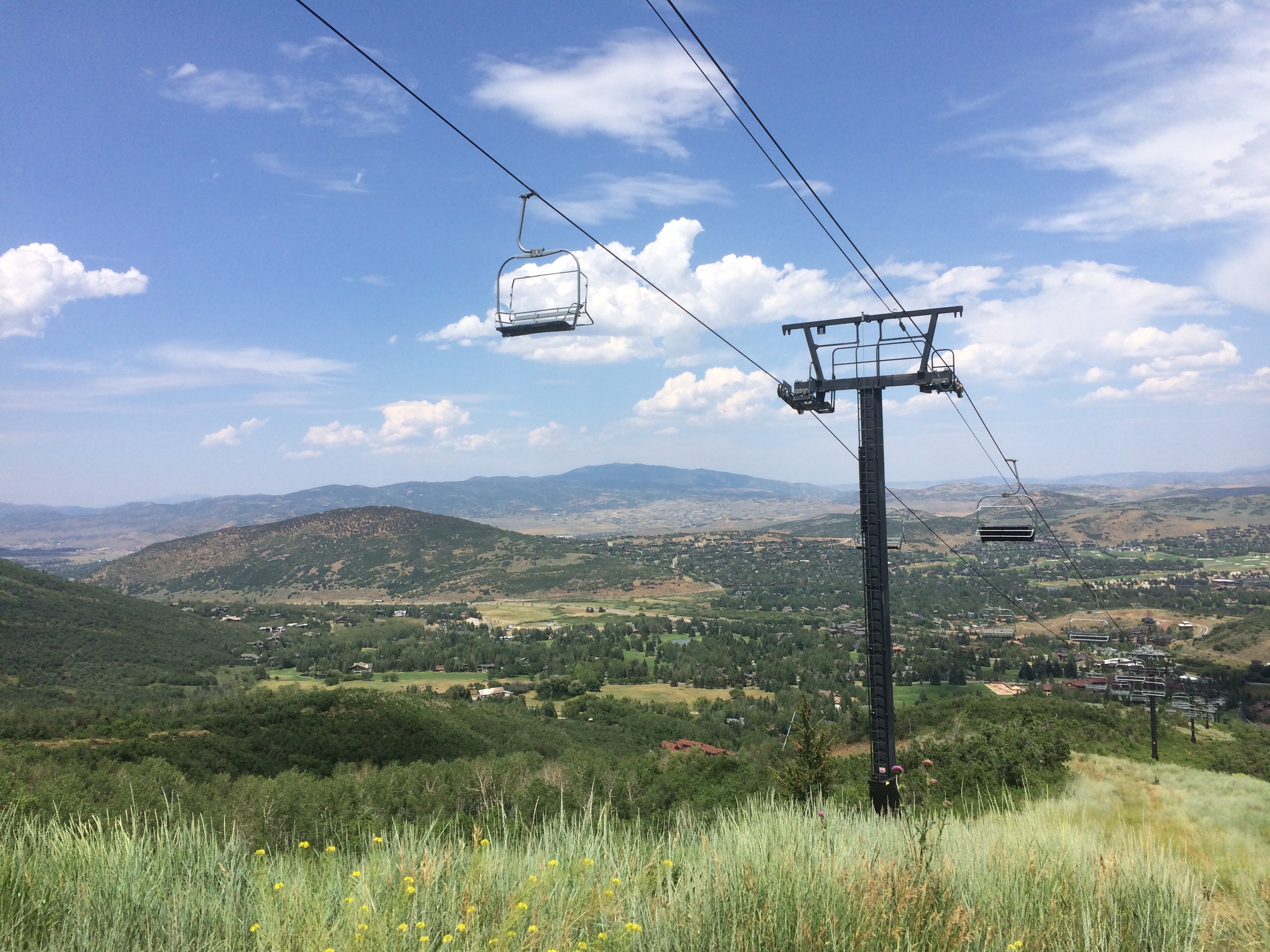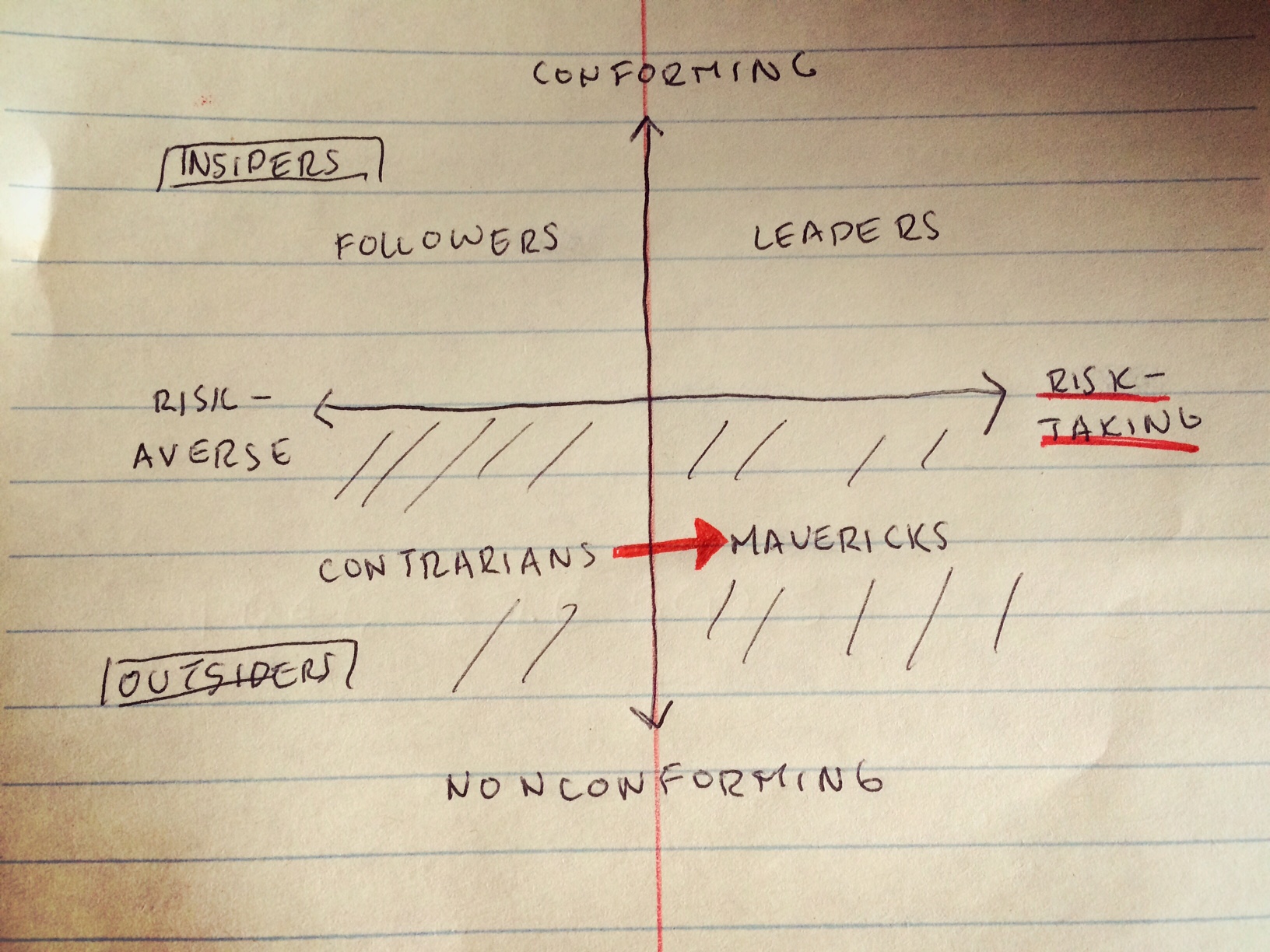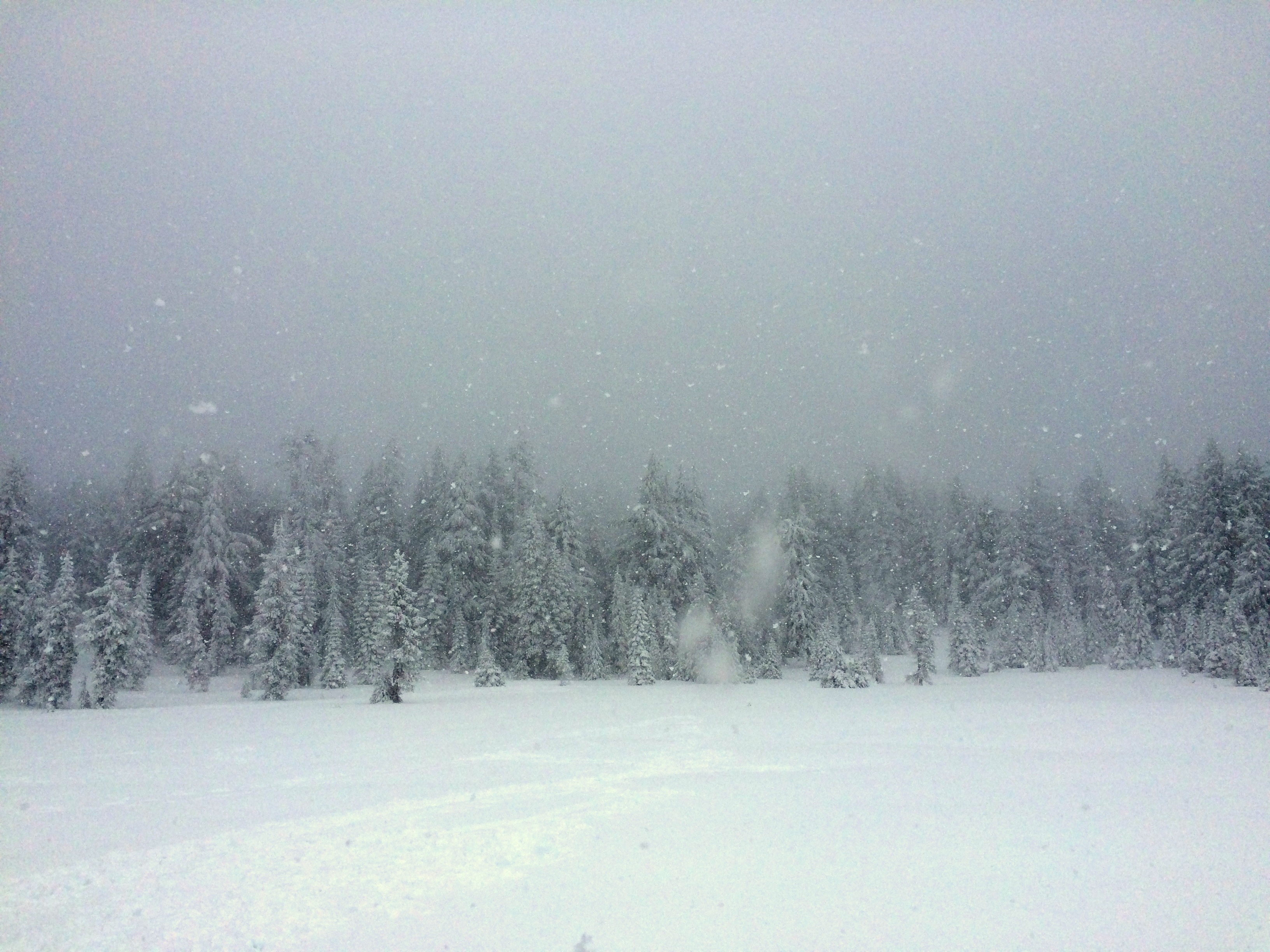Planes, trains, and automobiles; cowboys and Indians; fire and rain
Planes
Outside the Ogden Air Force Base museum the planes stand serene against the hazy backdrop of the Wasatch, casting their own shade. Inside there are more—old bombers painted with pin-up girls and little Hitlers in crosshairs—and also a replica of a North Korean POW cell, complete with mad-eyed mannequins in bunks behind bars.
The placard includes a photo of three graduating seniors from the University of San Francisco. They’re sitting around a radio, listening for their draft numbers. One vaguely resembles an old classmate of mine. It’s not that I’ve never thought about this—that there was a time when men in my life would have been called away to die—it’s just that I’ve never thought about it while standing completely alone in a 28,000-square-foot aircraft hangar, citizen and subject of a commander-in-chief who Tweets in all-caps.
We could have fighter jets without the fighting, you know. There is no rule against this; we only have to decide that’s what we want.
Trains
The railroad museum is closed but there are a few big steam engines under a pavilion outside. I’m inhaling creosote and running my hands over rivets in a pleasant state of foamer reverence when two large families enter from the other end of the walkway.
The kids scatter and the parents lean on the railing in the shade. “There used to be a train like this at the park,” remarks one woman, “but they got rid of it after a little girl fell off the top and died.” Jesus, I think.
“It was so sad,” she continues, wistfully. “I loved that train.”
Automobiles
The little Chevy I rented is black. It’s so hot out that I burn my hand opening the trunk.
I return the car when I get to Salt Lake City—to save some cash, I mean, not because of my hand—and use Lyft. My first driver is from Ethiopia and works with refugees. I tell him about my job and he replies that in his past life he did something similar, as a reporter for Boeing’s corporate magazine. It was the ’80s; he wore a cologne called Editor. “You know,” he says, “to cover up the stink.” We have a good laugh about this.
My last driver is saving up to skip town. She tells me her family disowned her for leaving the Mormon Church. “You can’t escape LDS in this city,” she says. “I just want to go somewhere I can be me.”
The only thing I don’t love about where I live is sharing it, the attendant inconveniences of crowding in with millions of others who wouldn’t belong anywhere else. “Come to California,” I say anyway, and mean it. “California would love to have you.”
Cowboys
At the rodeo:
- Paragliders descend into the arena bearing the Utah and U.S. flags.
- Breast cancer survivors release pink-dyed doves from a dozen plastic pet carriers.
- A woman in a fuschia jumpsuit enters the ring on a pair of white horses, one foot on the back of each. She’s holding another American flag, this one on a pole with fireworks shooting out the top. After a few laps at a casual gallop they start jumping barrels that the rodeo clown has doused in lighter fluid and set on fire.
- There are several rounds of mutton-busting, an event in which one deposits a small child on the back of a sheep, sets the sheep loose in an arena, and incites a thousand people to scream at it until the child falls off. On the Jumbotron the six-year-old winner is asked if he’d like to go again and replies flatly, “No.”
- Horseback musical chairs is won by a six-foot-something man strategically mounted on a Shetland pony.
- A woman is pulled “randomly” from the crowd to remove the rodeo clown’s pants with a bullwhip.
Everything about this is gaudy and absurd; it seems to lack any sense of irony. It’s awesome; it’s pure; I love it. It’s the most American thing I’ve ever seen.
Indians
It’s Pioneer Day. I’m in Salt Lake City for Outdoor Retailer, which could be characterized as a convening of businesses that profit from public land. Either because of or despite this, depending on how you look at it, the trade show is leaving Utah in protest over the administration’s threats to the state’s newest national monuments, which contain indigenous religious sites, rock climbing, and uranium.
Not so far away is another convention, a pow-wow in a screened-off section of Liberty Park. Before this was public land it belonged to Brigham Young, who presumably took it from the Shoshone or the Ute. Now legally it’s mine as much as either his or theirs. There’s an argument to be made that this is more democratic. There’s an argument to be made it is unjust.
Those are the facts at hand but from all of them, and the flash and whirl of the fancy dancers, and the rise and fall of the elders’ chant, I’m unable to make any sense. There’s only a fog in my head and stomach, abstractions and static—ownership and inheritance and freedom and loss. It’s all significance and no relevance. It’s pulsing with the drums.
Laugh all you like, but until this moment it’s possible I didn’t fully grasp what other people mean when they refer to feeling. I’m not saying, exactly, that I understand an emotion only as the the animal chaos that precedes a thought. But when you live in language you have to wonder what it is, this antecedent. More honest? Less true?
Fire
I’ve only just reached the ridgeline when the storm breaks, in long, steady rolls of thunder I can feel in my ribs. A group of guys who passed me on the climb reappears going the opposite direction. “Time to go!” one shouts.
In all my outdoor pursuits I am accompanied by a continuous film reel of unwelcome scenarios. I’m going to get injured or lost; I’m going to run out of food, water, fuel, or daylight; I will encounter a mountain lion or a swarm of bees or a serial killer; I’ll break a shoelace, trespass on a pot farm, die slowly of appendicitis. There is literally one hazard I worry about less that other people, for some reason, and it’s lightning. This has always been the case, and sure enough as the steel-cast sky flares bright again I feel nothing but a mild interest in seeing more.
“Are you coming down?” The last rider has stopped and is looking over his shoulder at me.
“I’m going to wait for it to—”
BOOM
“No way. Listen, I’m a professional guide and I’m telling you to —”
B-BOOM
“Get off the mountain!”
” I think I’ll just—”
“Let’s go! You’re coming with us!”
I’m impressed by his intensity so I follow him. The fine dust of ten minutes ago has liquified to treacherous grease in the downpour. I’m going to eat shit on those tree roots, I think, and I do.
Rain
I’m lost and pushing my bike up what the rest of the year is probably a double-black ski run. The first people I see to ask directions are a pair of retirees hiking hand in hand. In addition to their respective favorite routes back to town (he likes wildflowers, she goes for views) they have a variety of other advice for me, some items less actionable than others. Buy property, they tell me, retire early. Hike with trekking poles. Marry your best friend. Dance in the rain.
